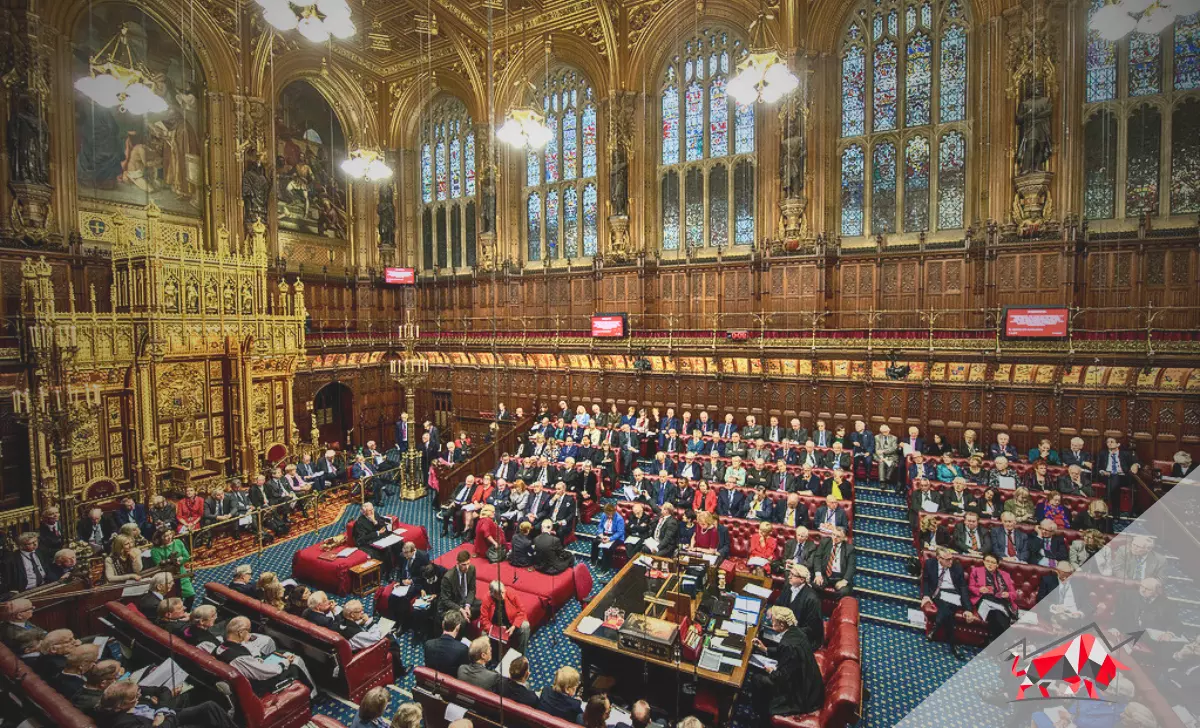The UK House of Lords is on the brink of approving the groundbreaking Economic Crime and Corporate Transparency Bill, a comprehensive piece of legislation aimed at combating illicit cryptocurrency activities and fostering corporate transparency.
Introduced in September 2022, the bill has navigated a year-long legislative journey, making its way from the House of Commons to the UK House of Lords. As it enters the final stages of approval, key amendments have been incorporated to emphasize its focus on targeting monetary gains originating from fraudulent activities and other financial crimes within the crypto space.
One of the pivotal aspects of the bill is its commitment to enhancing corporate transparency and regulating overseas business registrations, a move that could potentially reshape the landscape of cryptocurrency operations in the UK.
UK House of Lords Initiates Critical Legislative Phase and FCA’s Pledge for Crypto Regulation
In the coming days, the House of Commons will face a crucial decision. It will either accept the proposed amendments from the UK House of Lords or put forward recommendations for further modifications to the bill. Following this pivotal moment, the bill will be subjected to the ultimate step in the legislative process: royal assent, where a monarch formally gives their approval to enact it into law.
Amidst these legislative developments, the UK’s Financial Conduct Authority (FCA), the nation’s financial regulator, has signaled its readiness to collaborate with cryptocurrency companies. The goal is to create a long-anticipated regulatory framework for the burgeoning crypto industry, which is transitioning from a niche market to mainstream prominence.
During her address at London’s City Week conference, FCA Executive Director Sarah Pritchard expressed a cooperative spirit, stating, “Let’s work together to shape our rules and regulations to benefit markets, consumers, and firms as crypto goes from niche to mainstream.”
Pritchard emphasized that the FCA’s responsibilities will primarily center on ensuring compliance with Anti-Money Laundering and Counter-Terrorist Financing legislation for crypto firms operating within the UK.


